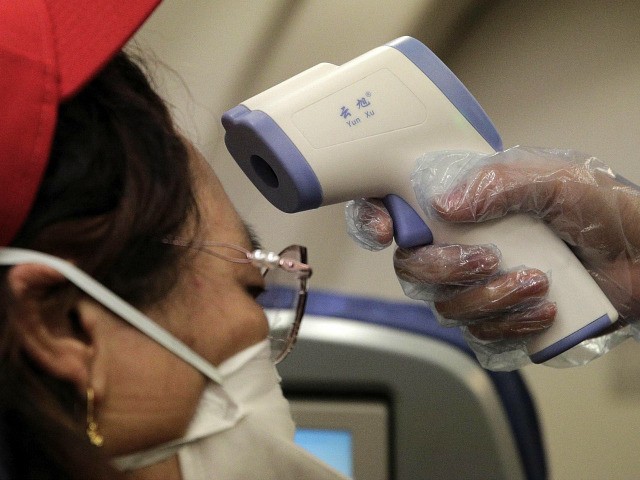The Director-General of the Swedish National Board of Health has confirmed the country is looking into triage measures that could prioritise care for those most likely to survive serious coronavirus infection.
Director-General Olivia Wigzell spoke at a press conference saying that the authority was looking at triage measures that are often used in a crisis situation when resources are unable to cope with the volume of cases.
Wigzell did not comment on specific measures but acknowledged there as an “ethical dimension” to the new considerations, Nyheter Idag reports.
“It includes priorities that have an ethical dimension, absolutely. It should be a support for the professionals in the priorities that will… can be very difficult,” she said.
Sweden Not Prepared For Major Coronavirus Outbreak Says Whistle-blower Doctor https://t.co/IvSkpJ9i1U
— Breitbart London (@BreitbartLondon) February 26, 2020
Triage, or the rationing and prioritising of care, has been used extensively in Italy, which has become the epicentre for the coronavirus outbreak in Europe, with doctors revealing that those infected with coronavirus above the age of 80 are often left to die without treatment.
“If someone between 80 and 95 has serious breathing difficulties, you probably don’t proceed [with treatment],” said Bergamo hospital anaesthetist Christian Saloroli.
Marco Vergano, the head anaesthetist at San Giovanni Bosco Hospital in Turin added: “We can’t invent new intensive care unit beds.” Vergano went on to say: “It’s important to understand that patients who arrive with a grave interstitial pneumonia from Covid-19 will not be in intensive care for a few days but for weeks.”
Initially, Swedish authorities claimed the risk to public health from the Wuhan coronavirus was low but that prognosis rapidly changed as new cases emerged.
Last week, state epidemiologist Anders Tegnell said the government was no longer interested in keeping exact numbers of coronavirus infections, claiming that it was more important to identify regions most affected by the virus.
“We will no longer discuss whether we have 458 or 562 cases. But instead how large parts of Sweden are affected and how hard they are,” he said and added: “These are the kind of questions that will be central to answering. Now it is no longer important to know exactly how many people are infected in Sweden.”
Prior to the outbreak in late February, former infection prevention physician Staffan Sylvan stated that the country was extremely unprepared for a major outbreak.

COMMENTS
Please let us know if you're having issues with commenting.